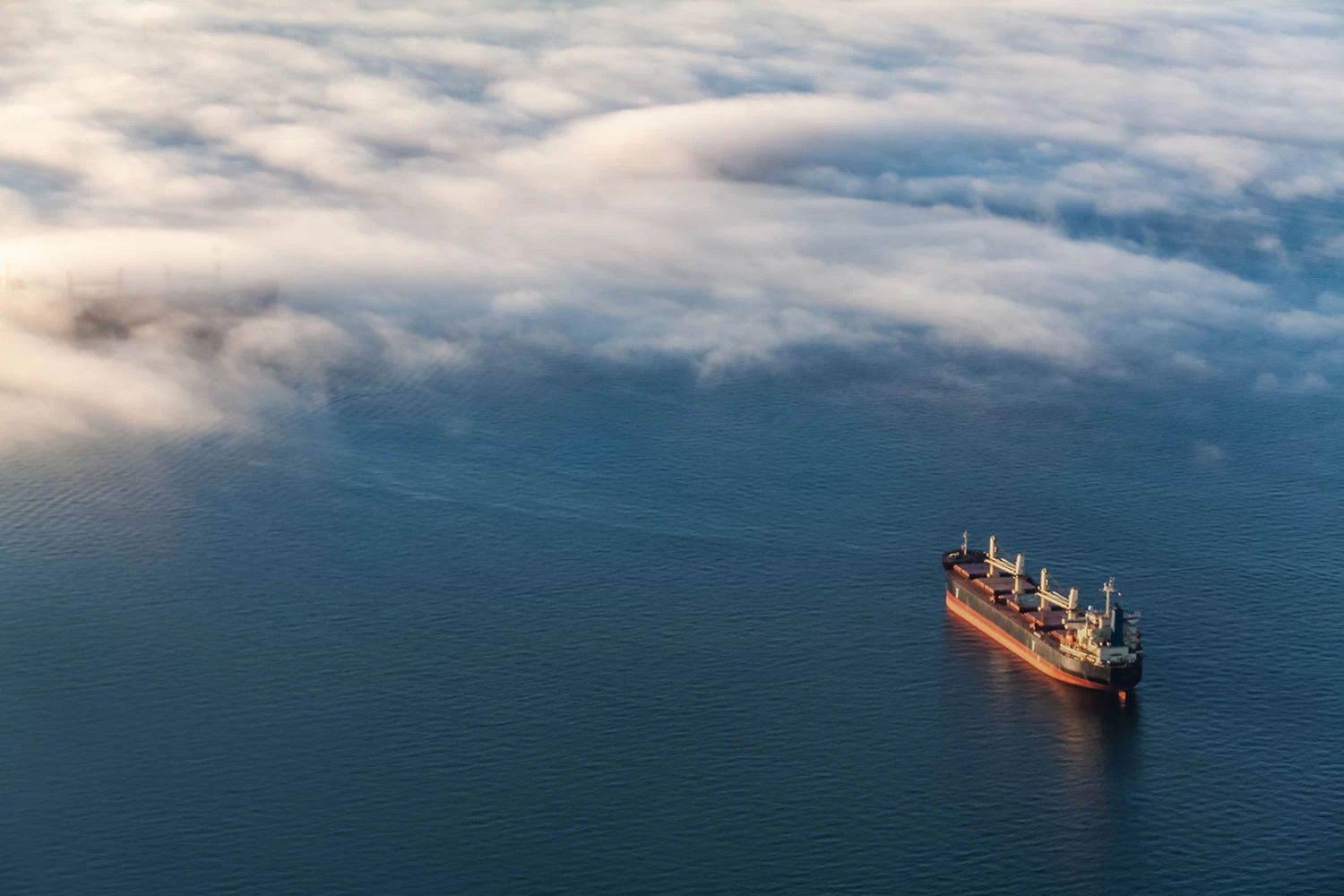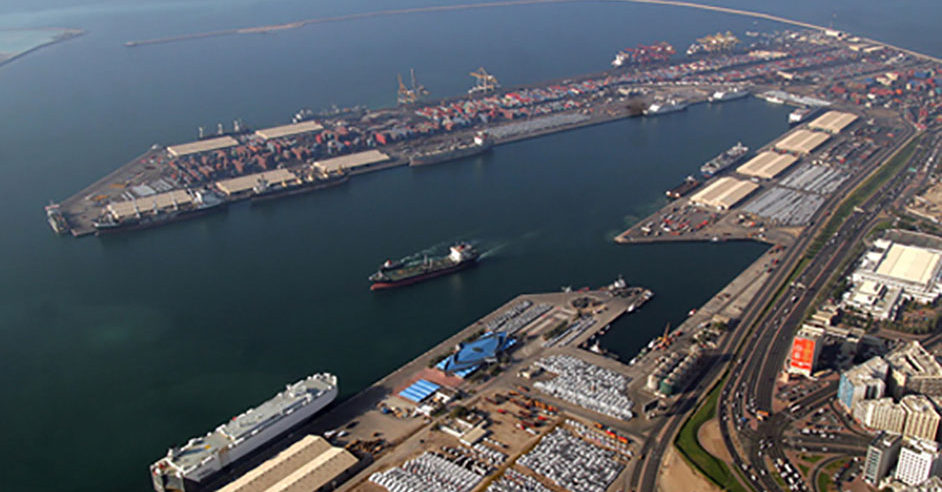The EU will blacklist almost 200 “shadow tankers” as part of its 17th sanctions package against Russia, European Commission President Ursula von der Leyen said May 14, confirming some of the most far-reaching restrictions on the illicit fleet to date.
Old, often uninsured tankers are used to sell Russian oil above the G7’s $60/b price cap, making the “shadow fleet” a key focus for policymakers seeking to restrict revenues for the Kremlin to fund its war in Ukraine.
“We have listed an additional 189 shadow fleet vessels to target Russia’s energy exports,” von der Leyen said in a statement on X, welcoming an agreement on new sanctions by European member states.
The 17th sanctions package, which is expected to get formal approval within the next week, will also target Russian access to battlefield technology, von der Leyen said.
“This war has to end. We will keep pressure high on the Kremlin,” she said.
Previous EU sanctions packages have already targeted 153 tankers linked to illicit Russian trade flows, taking the total to 342 if new measures are approved.
An analysis of S&P Global Commodities at Sea and Maritime Intelligence Risk Suite data suggested some 580 tankers might be employed in the transport of sanctioned Russian oil, shuttling product through EU waters to large buyers such as India and China.
At current price levels, however, the G7 cap does not pose a restriction to Russian oil producers, leaving them at liberty to export supplies using conventional tankers.
Platts, part of S&P Global Commodity Insights, assessed Urals FOB Primorsk prices at $53.5/b on May 13, marking the 26th consecutive day levels have stayed below the $60/b price cap threshold.
European news outlets have reported that Brussels is also considering new policy levers to target Russia, such as banning its oil tankers from transiting the Baltic and North Seas, but no decisions have been confirmed. In its previous sanctions package, the bloc also targeted Russian ports and banned its oil from being stored in the EU.
In another significant step up for potential sanctions, a roadmap published by the European Commission May 6 proposed targeting Russian oil pipeline exports to Slovakia and Hungary, which remained immune to the existing oil embargo focused on seaborne deliveries.
The text suggested that both EU member states should be obliged to submit plans this year to phase out Russian imports by 2027, in a move expected to be highly contested by the two landlocked countries.
Ceasefire challenge
EU efforts to put pressure on Moscow come at a critical moment for the US-led ceasefire talks that have so far failed to yield results.
Ukraine’s President Volodymyr Zelensky has called on Russian President Vladimir Putin to meet in Istanbul May 15 for negotiations over ending the war, in what would be the first face-to-face meeting between the leaders since Moscow’s 2022 invasion of Ukraine.
Zelensky has previously agreed to observe a full 30-day ceasefire if Russia reciprocates the commitment, but the Kremlin has called for European concessions before it agrees to a full pause in its military efforts.
The European Council is scheduled to meet May 20 to discuss next steps to support Ukraine.
Source: Platts



